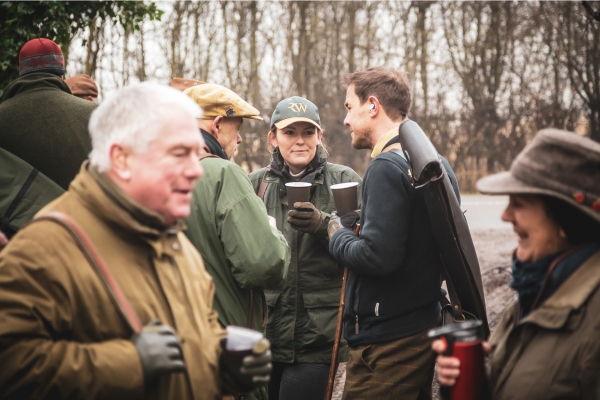
A rural myth: when will Beaters’ Day be this year?
With the end of the season approaching, Julia Newman clears up a common Beaters’ Day myth and offers practical advice to help you prepare.
Get information on the legal shooting season for mammals and birds in the UK.
Apply for funding for your project or make a donation today
Comprehensive information and advice from our specialist firearms team.
Everything you need to know about shotgun, rifle and airgun ammunition.
Find our up-to-date information, advice and links to government resources.
Everything you need to know on firearms law and licensing.
All the latest news and advice on general licences and how they affect you.
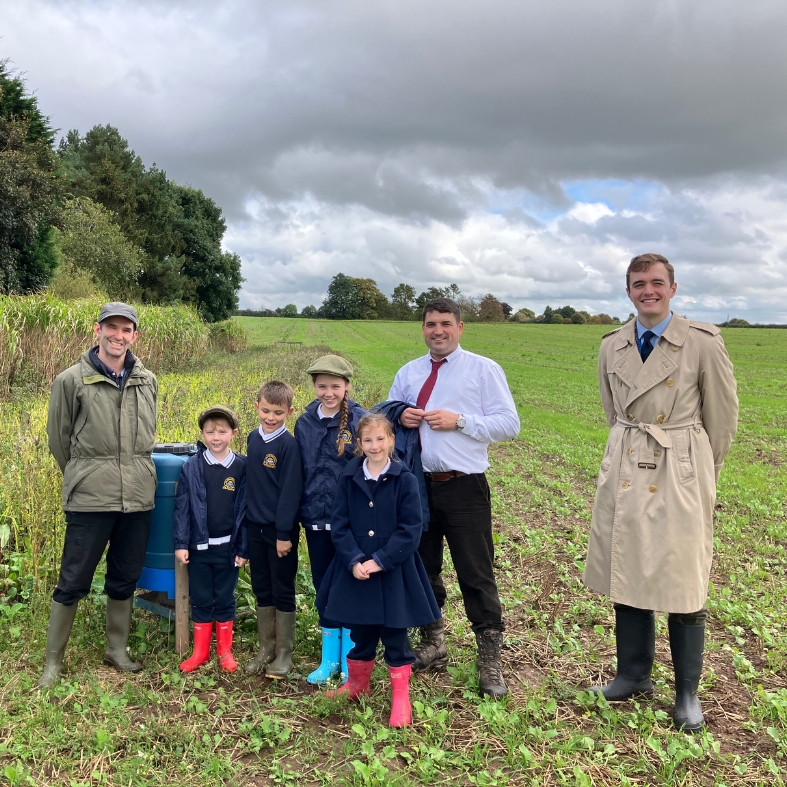

Taking children from an inner-city school to see a working farm and shoot in action was a rewarding experience for all concerned, explains BASC Central regional officer Matt Dutton.
A major target for us at BASC is introducing children to the countryside through shooting and highlighting the benefits it provides to the economy, the landscape and the people involved.
Through our BASC to School initiative, we interact with tens-of-thousands of young people at various events throughout the year. However, one particular school trip to a shoot in Shropshire was a little bit different.
King Alfred School in the West Midlands had been looking at the people who work and live in the British countryside. The pupils were learning about the jobs they do, what motivates them and the benefits they provide to the countryside. Being an inner-city school, the staff at King Alfred asked if we could help with introducing pupils to the countryside.
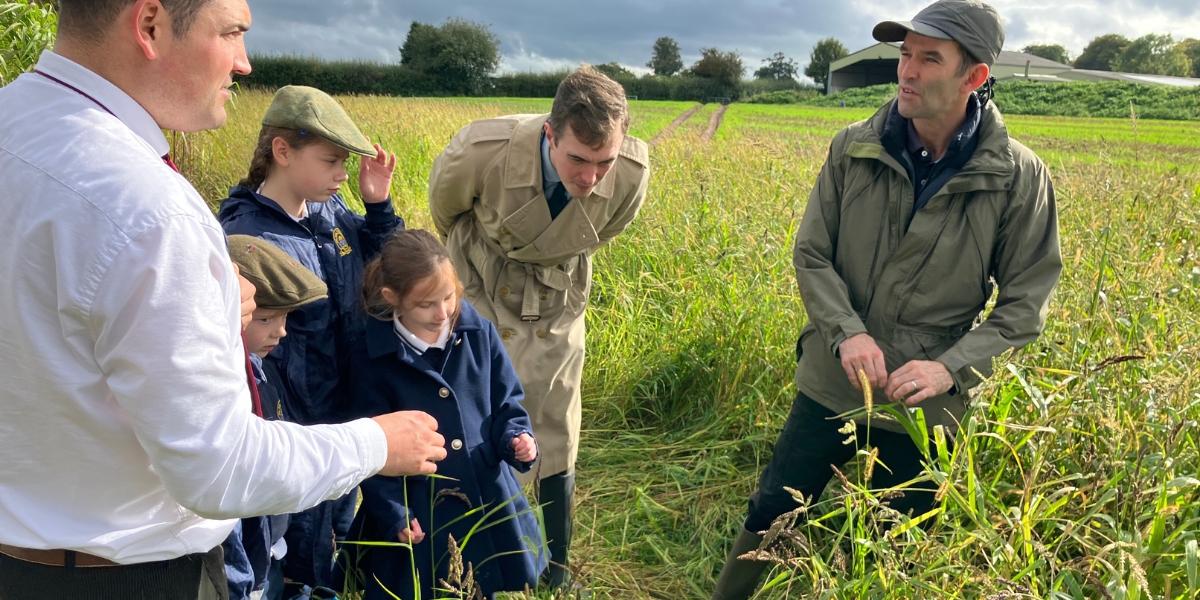
There are hundreds of shoots across the Midlands that would be happy to host a group of schoolchildren and show them what great work they do. But for this school, we thought we needed something a little more bespoke.
We have been working with Howle Manor Shoot in Shropshire for several years. They have been excellent hosts for all the different events we have held there, so we decided to take the King Alfred staff and students there.
The estate is a little different from most. It has a working arable farm, a large indoor poultry enterprise on site and, of course, a farm shoot. It’s an ideal setting for introducing children to the countryside.
The shoot itself is truly exemplary in its practices. Only a small number of birds are released, and good returns are always seen on the family-friendly shoot days. Most of the game shot is taken home by the beaters and Guns. What remains is taken to the local butcher who makes sausages to be eaten by the shoot members on their next outing.
The shoot has undertaken commendable conservation work. It is evidenced by the wide variety of species present in high densities across the land.
Staff and pupils were keen to get an in-depth look at the farm, the shoot and the people who work there. They started with a tour around the farm given by owner Andrew Watson-Jones. Andrew can explain complicated farming processes in a way that children can relate to, which is crucial in helping them to understand the countryside better.
Andrew spoke about the work required to prepare and maintain the ground. He also showed how the crops are planted, nurtured and harvested. Sitting in the tractors, all the kids got a farmer’s eye view of the land. Everyone was curious to know about the crops in the barns – something they had never seen before.
We then moved to the commercial chicken sheds and stood in a viewing gallery overlooking more than 50,000 chickens. Andrew gave a very direct description of what the birds were destined for and the students appeared to appreciate the honesty. It was a credit to them that there were no squeamish looks or screams.
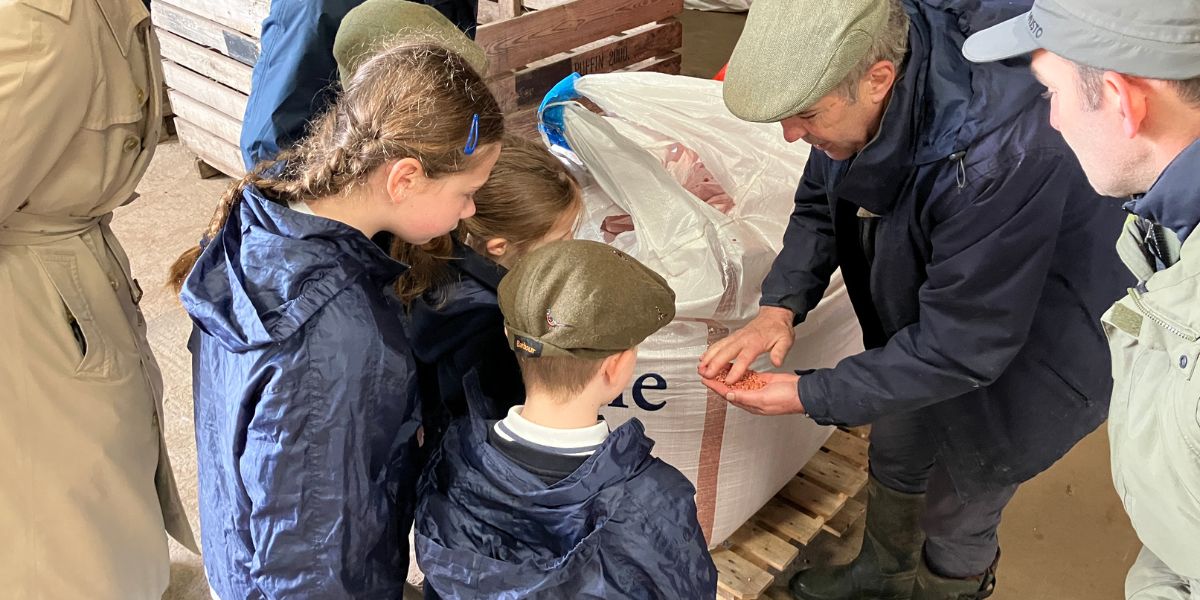
Although the facilities and husbandry of these chicken sheds are second to none, it was an interesting comparison for the children to then go directly to the pheasant release pen in the nearby woodland. Here they heard about the process of gamebird rearing and releasing from Howle Manor’s gamekeeper, David Jones, and myself.
Some of the many roles of the gamekeeper were explained, including how we make the birds safe and happy in their habitat. The schoolchildren experienced what it was like to be a pheasant by sitting in the bottom of a thick cover crop of sorghum and saw the large amount of birdlife that erupted from the cover.
Afterwards, we headed over to the duck pond and partridge call pens, where yet more gamekeeping activities were explained, along with the benefits they have on the wider environment and the other species that live there.
This was the first time the children had visited a shooting estate, farm and a large-scale poultry enterprise. The estate is a champion of best practice in both farming and shooting, and with everything within walking distance it was the perfect place for introducing children to the countryside and demonstrating how a modern farm and estate operates.
Reflecting on the day, Tom Bowen, director and deputy head of the King Alfred School, said: “The people, landscape and wildlife of the British countryside have been the inspiration for the greater part of our country’s stories, art and poetry, we were keen to get our students out to experience country life first-hand. The students learned how shooting and farming work in harmony to produce food and conserve habitat for native wildlife. We also had a chance to try pheasant sausages.
“Our visit has really helped our classroom studies come to life, as farming and nature are common subjects in classic literature. Whether it’s the parable of the sower in the Bible or Kipling’s poem The Way Through the Woods, we believe if our students were unfamiliar with such things themselves, they would struggle to connect with the best of British literature. On behalf of the school I would like to thank BASC for helping to give our students a valuable insight into country life.”
BASC is sparking a love for nature in children through its exciting BASC to School initiative, launched in 2022. By blending outdoor adventures with the national curriculum, kids are not just learning – they’re having a great time doing it. By the end of 2024, BASC had connected with more than 52,000 young people during the year.
From dissecting owl pellets in classrooms to exploring farmland food webs, the activities are as diverse as they are fun and help us introduce the children to the countryside in an engaging way. Plus, more 20,000 kids tasted game meat for the first time, helping us normalise the wild food produced by shooting.
Since 2022, a whopping 129,000 young people have had their eyes opened to the world of shooting and wildlife management. Looking ahead, BASC is gearing up to engage even more with those aged 12 and over, ensuring they understand the vital economic, social and environmental roles of shooting. It’s all about inspiring the next generation of nature lovers and informed citizens.
We also organise numerous young shots events throughout the country especially designed for young people to experience country sports and get closer to wildlife.


With the end of the season approaching, Julia Newman clears up a common Beaters’ Day myth and offers practical advice to help you prepare.
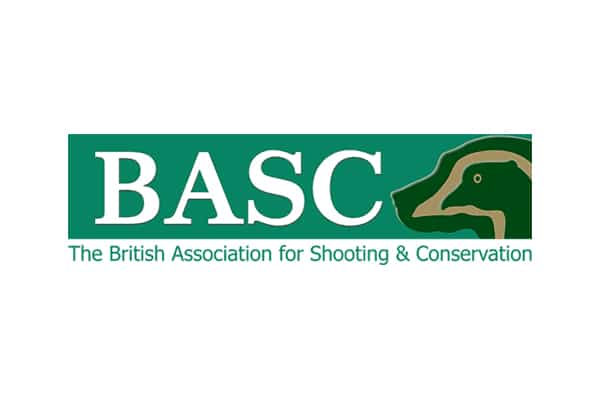
https://youtu.be/uEEcZDSyouI Read more Share

BASC is backing efforts to challenge rules which will significantly damage shooting tourism between Northern Ireland and Great Britain.